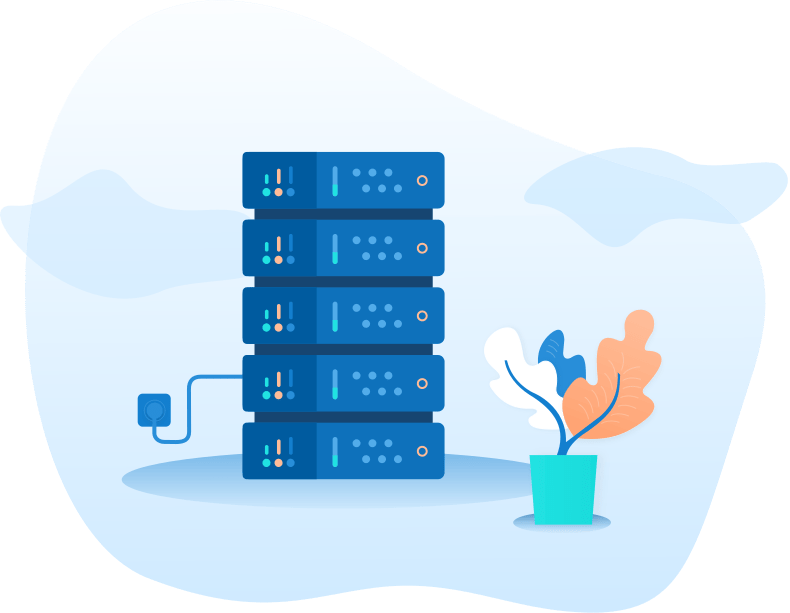VPS The UK is a virtual server located in the UK data center. Due to their location in Europe, these servers have high speed and performance. VPS The UK is suitable for a wide range of uses including websites, game servers, and business applications. Also, VPS The UK allows you to have the best communication quality by using the resources that are dedicated to you.

CPU: 2 core (1600 MHz)
RAM: 2GB
CPU: 3 core (2500 MHz)
RAM: 4GB
CPU: 4 core (3000 MHz)
RAM: 8GB
CPU: 4 core (3500 MHz)
RAM: 12GB
CPU: 2 core (1600 MHz)
RAM: 2GB
CPU: 3 core (2500 MHz)
RAM: 4GB
CPU: 4 core (3000 MHz)
RAM: 8GB
CPU: 4 core (3500 MHz)
RAM: 12GB
CPU: 2 core (1600 MHz)
RAM: 2GB
CPU: 3 core (2500 MHz)
RAM: 4GB
CPU: 4 core (3000 MHz)
RAM: 8GB
CPU: 4 core (3500 MHz)
RAM: 12GB

Easily increase RAM, CPU and storage
Full Root and Administrator access
Automatic OS installation (Max installation 10 times)
All servers have a control panel to turn off, on and reset.
Cryptocurrency Payment

Share processes and data secure lona need to know basis

our team assured your web site is always safe and secure

We finally found a host that truly understood the unique
A virtual private server (VPS) is a hosting service that uses virtualization technology to provide dedicated resources on a server with multiple users. VPS is a more secure and stable solution than shared hosting services.
Yes, The UK VPS delivery is automatic. After placing the order and payment, the virtual server will be automatically created in the system and the login information will be sent to you.
VPS The UK is generally located in the city of London.
Using VPS The UK is a safe and stable solution. This server offers private privacy and all your data is locked and unavailable to other users of the service.
Yes, VPS The UK from Ded9 are automatically delivered and offered in the cloud. With fully automated management, you can easily manage all your web server services. Plus, using high quality network and static IP England has a suitable ping to Europe, providing network stability and high quality hardware, as well as using NVMe hard drive and network with security firewall, gives you maximum confidence to do your business.
Definitely not, because the internet connection between Asia and Europe is a bit weak, it is not a suitable service for games and reducing ping.

Automatic installation of operating systems on a server is one of ShopingServer key features. Due to this feature a customer can get a ready-to-go server right after the payment has been made.

CentOS 7, 8; Debian 9, 10, 11 ; Ubuntu 18.04, 20.04, 22.04; Windows Server, 2019, 2022.

In our services, you have direct access to the server console

You can pay your invoices in renew VPS or new order VPS with BTC